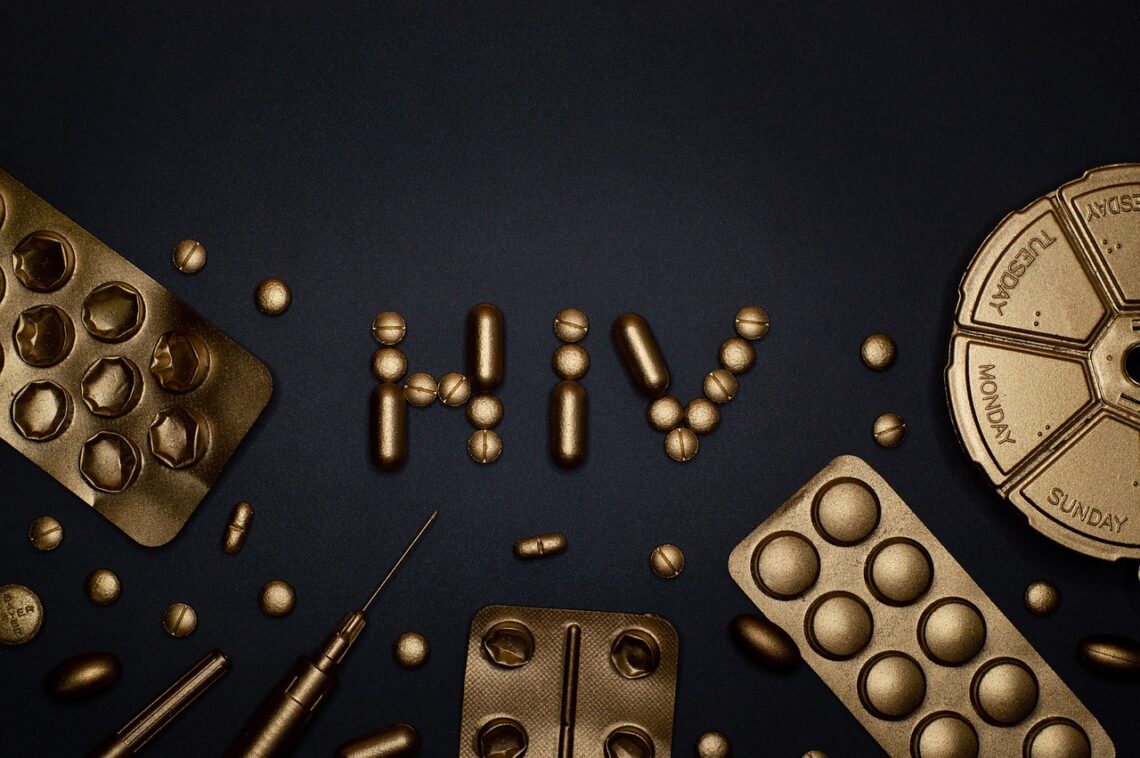Improving gut health can slow down disease progression in a person infected with the human immunodeficiency virus (HIV), a recent study has found.
HIV, a virus that attacks the body’s immune system, can progress to acquired immunodeficiency syndrome (AIDS) when left untreated. There is currently no cure for HIV, but treatments can slow the progression of the disease and patients can live a long healthy life.
Current treatments for HIV aim at suppressing T cell activation responsible for the replication of the virus and controlling inflammation. However, researchers have found that this approach could only calm the immune activation and inflammation but cannot restore them to pre-infection levels.
Studies have shown that patients with the fastest progressing HIV have less healthy gut microbiomes. This is because, soon after a person gets infected with HIV, the virus depletes the majority of immune cells in the intestines responsible for protecting against invading pathogens. Once the lining gets damaged, gut flora enters the bloodstream.
In the latest animal study, researchers from the University of Pittsburgh infectious diseases used simian immunodeficiency virus (SIV), the monkey form of HIV, to understand new ways to control the disease progression.
“It was a previous study with disappointing results that put us on the path to this latest discovery. Every study so far targeting systemic inflammation by addressing immune activation has had very short-lived results. Upon reflection, we realized those results told us something very important: Inflammation generated by the virus damaging the intestinal lining is driven by a separate mechanism from immune activation. We just had to prove it,” Cristian Apetrei, lead author of the study, said.
The findings of the latest study published in the journal JCI Insight suggest that future HIV treatments should look beyond controlling T cell activation and inflammation. The research revealed that the root cause of HIV progression…
Read the full article here








